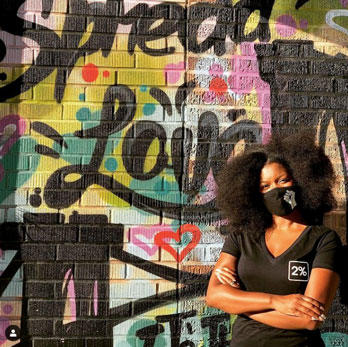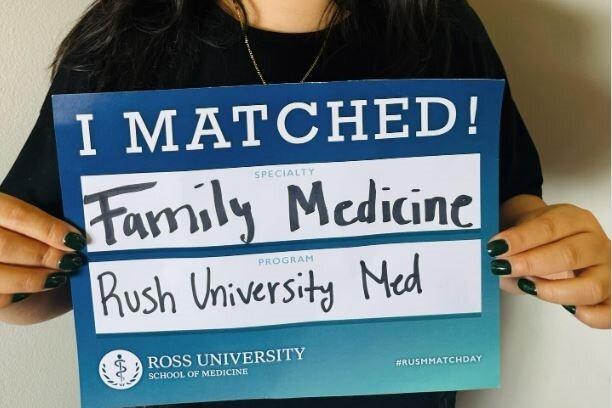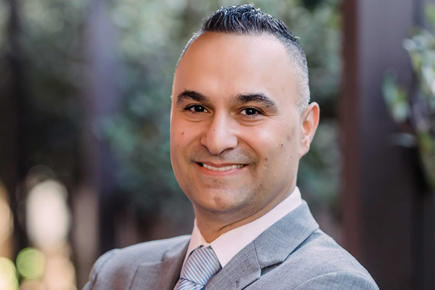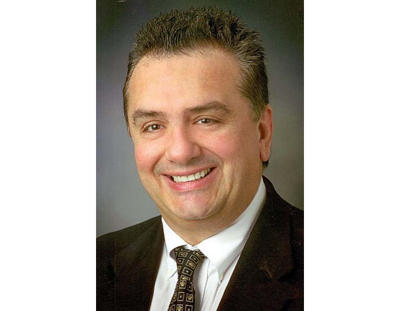Dissatisfied and discouraged with the number of Black women practicing medicine, Ross University School of Medicine (RUSM) alumna Leah Miller, MD ’20, is not only bringing awareness to the issue but she’s collaborating with donors to eventually lessen the disparity.
“RUSM represents so many minorities but when you get into the clinical world, you wonder where everybody went. I met one very inspiring Black female physician in clinicals,” said the 2020 RUSM grad, who recently founded “2%,” an organization committed to educating and financially supporting Black women pursuing medicine. Her company name symbolizes data compiled from the Association of American Medical Colleges — that only 2% of practicing physicians are Black women. Miller is swiftly moving to change that trajectory and applauds RUSM for its efforts in continuing to graduate more Black physicians — both male and female — than any US medical school; 100+ each year.
“My hope is to see that 2% number increase by circulating knowledge, giving people tools and letting women know they have a community behind them.” Miller is collaborating with local Black business owners to host fundraisers that funnel 2% of the profits to her organization. And she’s reaching out to the masses through social media; her company Instagram page includes inspirational quotes, facts and news articles.
Supporting Future Black Women Physicians
Miller also began speaking at high schools, starting with her alma mater in Indiana. “I explain the cause, outline the struggles facing Black women today and start the uncomfortable conversation.” Less than a year in, 2% has already hit its first milestone — a $500 scholarship scheduled to be awarded next month. Miller and her team are now reviewing essays submitted by high school junior and senior females who plan to pursue medicine.
“No one pushed me and I didn’t know what was available,” Miller said about her early interest in medicine, adding that many academic mentors didn’t support her aspirations. And even when she landed at RUSM, it wasn’t easy. “I failed first semester and realized I was no longer the smartest person in the room.” Then a financial hardship further complicated her destiny. “Being broke almost ended my journey.” But she persevered, taking a year off before clinical sciences to earn money. “I’ve had a lot of struggles and I felt that I was alone in my boat. But it doesn’t have to be that way. Someone needs to reach back and shine a light on this issue.”
Leading the charge is Miller and her small but mighty team — Shemika Martin, MD, and Dubem Anumba, MD, two fellow RUSM grads — who hope to soon offer another scholarship, maybe doubling the initial amount if they find a business or school willing to match the contribution.
Finding Her Passion
Raised by a single mom, Miller got her first glimpse into the medical world when taking care of her live-in grandmother who had Alzheimer’s. “I was frustrated because I didn’t understand this slow, painful disease where you have to watch someone deteriorate.” It was her grandmother’s family doctor who offered empathy and inspired her to pursue her dream.
The former rugby player now lives in New York with her newlywed husband. Just finishing her 13th interview for a family medicine residency through the Match 2021 cycle, Miller was shocked to experience racism during one of the meet-and-greet meetings.
“He was reviewing my resume and saw I spoke another language. Instead of reading further to see that I was fluent in Spanish, he asked, ‘What type of African dialect do you speak?’ and then started making clicking noises. I was frozen and thought, ‘How did we get here?’”
That experience, as well as countless others throughout her life, reinforced the urgent need to unify the Black community. “For survival, it used to be every man for himself. But that needs to change. Once one of us makes it, we need to go back and help others. We need someone to hear us, but first, we need to make sure they are listening.”
Make sure to check out our Black History Month Alumni Spotlight seminar.
RUSM Diversity and Inclusion Taskforce
A group of 16 RUSM students, faculty, colleagues and alumni have begun leading a holistic review of diversity and inclusion at the University and will soon deliver a report of short- and long-term recommendations. This is the first of many steps to sustain change at the infrastructure level.
As RUSM prepares to engage, train, educate, advocate and invest in this process to align with the Black community at our University and in all the underrepresented and marginalized communities in which we serve, we invite others to share feedback with us because we know the fight for social justice is a community collaboration.




